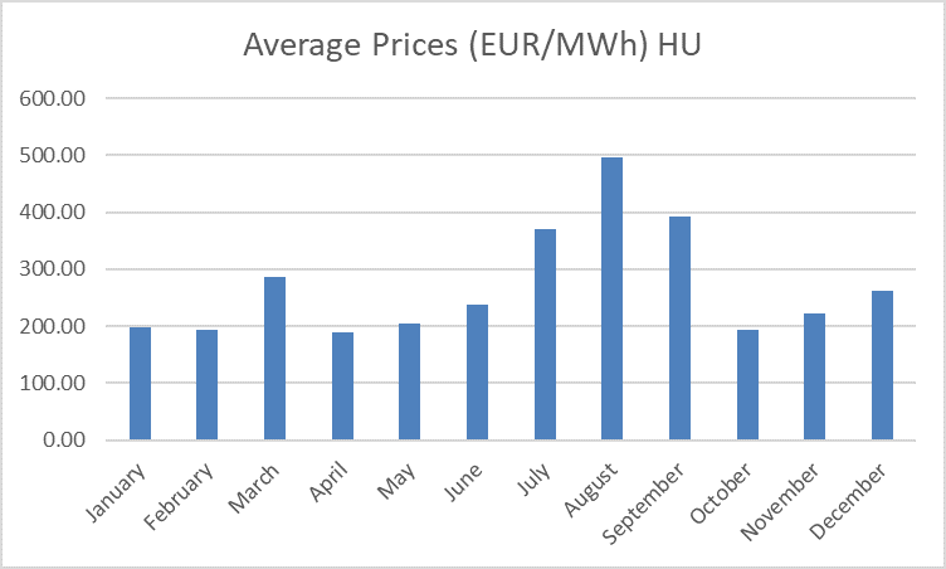
The transmission operator CGES, a joint stock company with majority shares owned by the State and the Italian transmission system operator Terna, was unbundled and certified. Distribution is performed by CEDIS, an unbundled undertaking owned by the power utility EPCG. Compliance reports are prepared yearly and submitted to the regulatory authority REGAGEN for approval. In 2021, REGAGEN’s monitoring related to the conditions and requirements of distribution system operator independence resulted in a procedure against EPCG before the Misdemeanour Court.
Transmission and distribution tariffs for the regulatory period 2020 – 2022 were last set in December 2019. The transmission tariff charged to generators connected to the transmission network exceeds the ceiling set by Regulation (EU) 838/2010. Following the request of Montenegro, an exemption to the ceiling is proposed to the Permanent High Level Group for adoption. The Government adopted the decrees ensuring the transposition of the Connection Network Codes. However, the implementing rules for network operators have not yet been amended accordingly, despite the deadline having expired. The Transparency Regulation is transposed and largely implemented. The publication of the remaining missing data will require modifications of the IT system.
The wholesale market is formally deregulated. Montenegro has an open market without regulatory obstacles for new entrants and competition. However, market concentration remains very high with the incumbent covering the whole retail market. This is despite the fact that a seat requirement for trade does not exist.
Operations on the wholesale market are managed by the electricity market operator COTEE. The Energy Law establishes the power exchange and defines the roles and responsibilities of the nominated electricity market operator, the transmission operator and the regulator in the market coupling process. The power exchange company BELEN has awarded a contract for providing of day-ahead trading, clearing and settlement platform services to a consortium of EPEX SPOT and BSP.
The balancing market functions. In addition to EPCG, which is obliged to act as a balancing service provider, a contract for providing balancing services was signed with an industrial customer. The balancing reserve price is determined by the regulator until sufficient competition is in place. The price of balancing energy is not regulated. A market-based cross-border exchange of balancing energy is implemented for the time being only with the transmission system operators of Serbia and Bosnia and Herzegovina on a bilateral basis.
The REMIT Regulation has not been transposed yet, which is subject to an infringement case. The Government drafted a largely compliant Law on Surveillance on the Wholesale Market of Electricity and Natural Gas and proposed it to Parliament for adoption.
Montenegro is participating in a market coupling project with Albania, Italy and Serbia (AIMS), which has been stalled for years. In the retail market, all customers are eligible to choose their supplier. Yet all final customers are still supplied by the incumbent EPCG. EPCG offers to its customers the choice of different price models with the aim to encourage energy efficiency and reduce energy costs. EPCG is also a supplier of last resort to households and small customers, as well as vulnerable customers. A government decree from 2018 defined the status of vulnerable customers and set up a protection mechanism for customers entitled to it, including a 50% subsidization of monthly bills for consumption up to 600 kWh per month.
SEE CAO performs joint capacity allocation for CGES for the interconnections with Italy, Albania, Kosovo* and Bosnia and Herzegovina, while bilateral auctions are applied with Serbia. The agreement on the grid control cooperation in the control block of Serbia, Montenegro and North Macedonia is expected to commence with imbalance netting between Serbia and Montenegro in the first phase.infrastructure investments and several new expensive social expenditure programs challenge fiscal sustainability.

